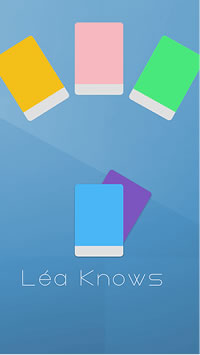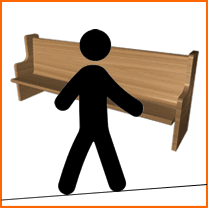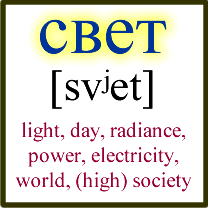Today we have a guest post from Sebastien Marion

As most expats would agree, the best way to learn a language is to go abroad. When abroad, you are immersed in the culture and are forced to speak the language. But whether you are abroad already or trying to improve your language skills from home, vocabulary will be key to quick progress. Learning grammar and tenses is very important indeed, but without vocabulary, you will soon find yourself very limited.
When I arrived in Spain two years ago, I had some leftover fragments of my years in school studying the language. This was invaluable to me as it allowed to have some kind of conversation. When I did not know a word, I quickly typed it in a translation app and it gave me its translation on the fly.
As useful as these translation apps are however, to me they had a major flaw. As the conversation went on, I systematically forgot the words that I had searched for and their translations, making progress somewhat slow. And what’s worse, when I got home my history was gone. And while some apps do keep a record, to be able to practice the words using flashcards I would then have to copy them to a flashcard application, which slowed me down considerably.
To solve this problem, I have been working on a small application acting as a translator (using Google Translate and soon also WordReference) but with the twist that each translation gets automatically recorded and turned into flashcards for you to practice at a later time. Using flashcards you can learn vocabulary faster and improve you level quickly. You can even create lists and we will in the future add a bit to help you train better.
The app is nearly ready and will hopefully go live by the end of March. The website is available at http://www.leaknows.com and as a special offer to readers of Omniglot, you can claim a free lifetime membership by sending me a message before the 1st of April and quoting “OMNIGLOT_FREE_ACCOUNT” in the message field.


